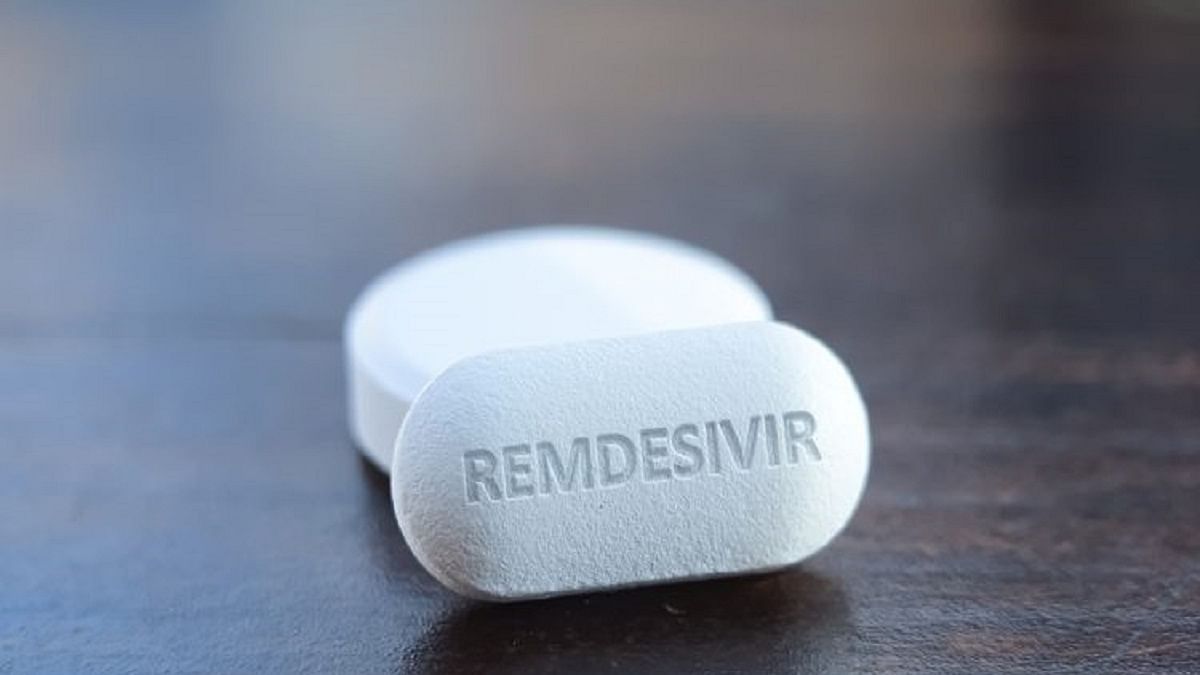Researchers are testing whether a combination drug therapy could help treat COVID-19, the infection caused by the new coronavirus, by preventing the virus from spreading in the body and by averting the immune system havoc that the virus causes.
The researchers are testing whether remdesivir, an antiviral drug, works better against COVID-19 if given along with an anti-inflammatory drug known as baricitinib (Olumiant).
Dr. Vincent Marconi of Emory University School of Medicine in Atlanta said, “Baricitinib is a once-daily oral drug that has been well-tolerated in many studies examining its use in rheumatoid arthritis. It has very few drug interactions, so can [it] be combined with most antivirals such as remdesivir.”
This is not the only study that is testing the efficacy of remdesivir and other drugs.
CytoDyn, a Washington state-based biotechnology company, is set to conduct a trial that would combine remdesivir with leronlimab, another antiviral drug that also has some anti-inflammatory properties.
Why are researchers combining remdesivir with other drugs to treat COVID-19? Some studies have found that remdesivir stops coronavirus from spreading in the human body but the effects are modest.
Infectious disease specialist Dr. Richard Novak from the University of Illinois at Chicago said, “Remdesivir has been shown to stop the COVID-19 coronavirus from multiplying in humans, but its effect in improving patients’ health has been “modest.”
Experts suspect that though remdesivir prevents the spread of the virus in the body, it does nothing to counter the immune system’s intense reaction to the coronavirus called cytokine storm that damages organs and causes pneumonia.
Dr. Amesh Adalja of Johns Hopkins said, “Remdesivir has a marginal benefit and is getting people better quicker. However, there are immunological issues that occur with infection that may be responsible for some of the severe manifestations of COVID-19.”
Many experts believe that combining remdesivir to baricitinib would treat COVID-19 more effectively, saving lives and helping people to recover quickly.
Dr. Novak’s team enrolled their first patient in the remdesivir/baricitinib trial, which is funded by the National Institute of Allergy and Infectious Disease (NIAID).
Every participant will be treated with remdesivir, but some will be randomly assigned to receive either baricitinib or a placebo along with remdesivir, Dr. Novak explained. “The good thing is we now have a supply of compassionate-use remdesivir,” Dr. Novak said. “People who come in who need to be treated, we have drugs for them.”























